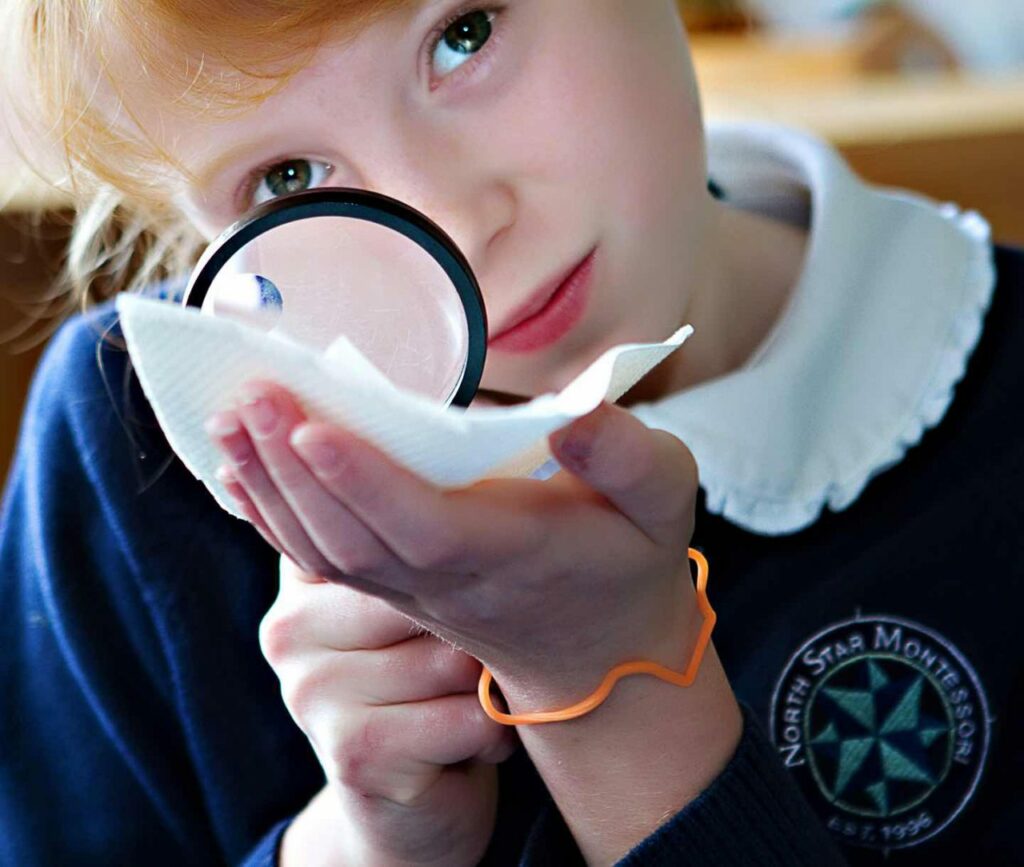When my wife and I first met a family who spoke more than one language to their toddler, we were intrigued. Was that possible? Would it be healthy for our children?
At that point, we spoke a confusing mix of English, Portuguese and Italian to our sons ages 1 and 3. As Brazilians living in Rome, we hadn’t seriously thought about linguistics and spoke the language that first came to mind, especially in heated arguments (from which German phrases eventually became off-limits).
Meeting that family prompted us to reflect on our parenting philosophy, set guidelines for our interactions at home, and plan our children’s linguistic development. We decided I would speak Portuguese to them, my wife would speak English, and they would speak Italian at school and everywhere else.
In the eight years since our decision, we have encountered several challenges. Our children started to speak later than most of their peers. In kindergarten, they would stutter or take a few seconds to formulate sentences at times. A teacher at elementary school questioned our approach and asked us to just speak Italian at home. And we were often tempted to give up and return to the lazy mix of languages that felt like home.
But we persisted, and ultimately the pros outweighed the cons. Pietro and Matteo, now 11 and 10, are fluent in all three languages, including slang, accents, and regional nuances. They ask to try out ethnic cuisines and travel to foreign countries. They also acquired an instinct to mediate in other areas of life, taking a leadership role among their peers and helping newly-arrived children feel at home in Rome.
Three principles have proven to be key in our language journey.
Consistency: children need structure and clarity, especially when parents introduce complexity to their lives. My wife and I were often tempted to mix-and-match languages, or to behave one way at home and another in public. We had to remind ourselves to be disciplined and not let expediency compromise our children’s development.
If you are considering introducing more than one language at home, reflect on the approach you’ll take, request the input of other parents, consult speech professionals – then stick to it. Short-term language projects may do more harm than good. Consistency in the long haul will demonstrate dependability, help your children feel safe, and make language learning an undaunting feature of their lives.
Naturalness: we decided language learning should not be cumbersome but an ordinary part of our family routine. Other families might decide to use textbooks and homeschooling sessions, but we preferred to leave formal language learning to outside instructors, so it wouldn’t disrupt our parenting. For instance, in the evenings we read our sons books in our assigned languages, choosing not to press points of vocabulary and grammar but to convey affection and warmth at bedtime.
If you decide to speak more than one language at home, remember that your primary role is to be a parent, not a language teacher. Let a language be the vehicle through which you interact, love, and educate, not the central feature of the parenting relationship.
Grace: More than the specifics of a language, our children should feel accepted for who they are.
In our case, our sons learned best the languages that received outside reinforcement – they were formally taught Italian at school and watched cartoons and YouTube videos in English. But my wife’s and my mother tongue, Portuguese, is their weakest. We decided that’s okay. For the time being, they don’t need a vast vocabulary to speak to their grandparents and cousins. They should speak best the language of the country where they live and the language that is most spoken internationally.
Lack of mastery, mispronunciations, and taking time to formulate thoughts are part of the journey. They teach children that failure is a regular feature of life and that imperfection – not perfection – should be our goal. Healthy parenting abounds in grace.
To speak to our children in more than one language took intentionality and discipline, but it was worth it. This month, our youngest asked us to try out a Lebanese restaurant while our eldest started a YouTube channel about geography and the countries of our world.
I realized my wife and I had imparted them more than language abilities. We had conveyed a vision of life larger than our tribes and cultural differences – a world where they feel at home.
René Breuel is a writer based in Rome, Italy. He’s the author of The Paradox of Happiness and is currently working on a memoir about how parenting brings personal transformation.










